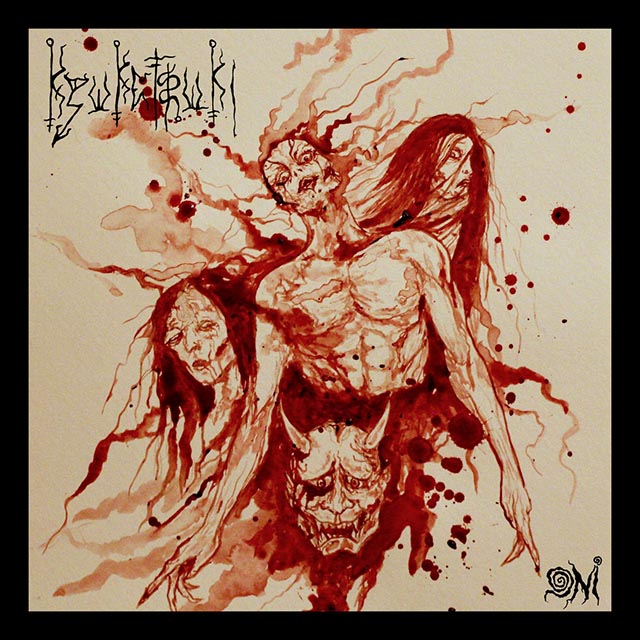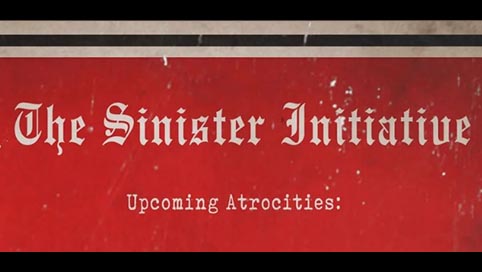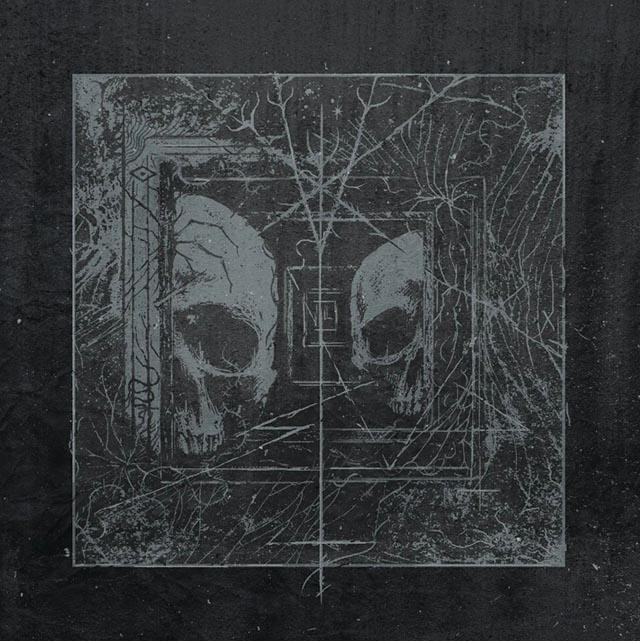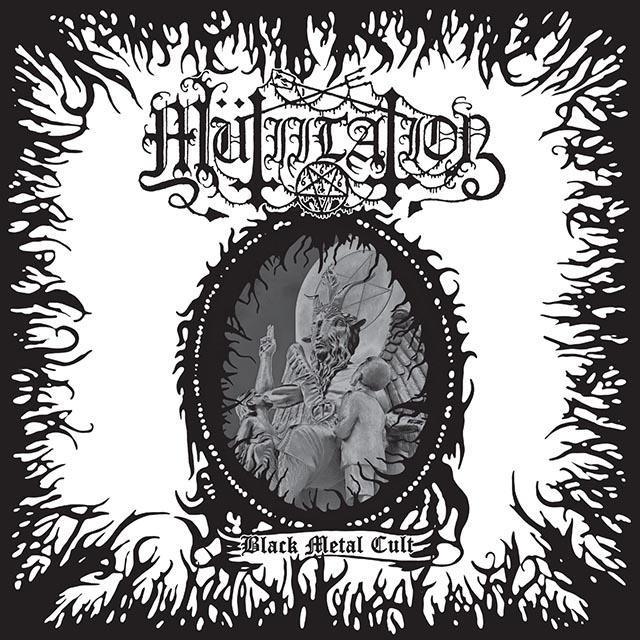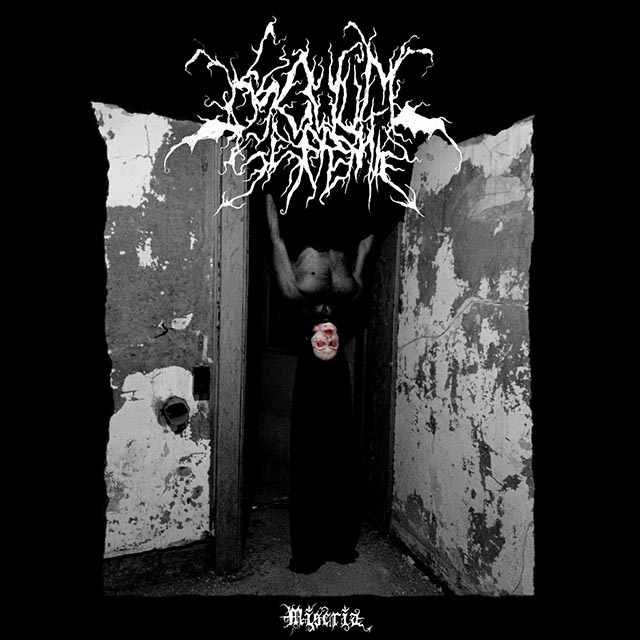
Formed in 2022, Osculum Serpentis numbers among the many phenomenal one-man projects of the French-born visionary Maxime Taccardi. Known in Osculum Serpentis as “Vipera,” Taccardi has become an iconic figure both for his music and paintings, which have graced countless album covers. He is also a sculptor, author, video creator, and educator. Although this Renaissance man has proven insanely prolific, he still caught us off-guard last year by unleashing Osculum Serpentis’ debut album, Maleficia, in August and its follow-up, the EP The Curse of the Vampyre, in October. Taccardi’s genius is clearly reflected in the quality of all of his releases. Thus, considering my deep respect for his complete catalogue, it is with some pain that I must admit that Miseria represents some of his finest work yet.
Unfortunately, there are far too many posers in the black metal scene. Therefore, watered-down content has long become the norm. It is with much relief that we can confirm that Osculum Serpentis represents the exception — one of the few truly original and authentic black metal bands. Taccardi makes other supposedly evil artists seem like Disney characters. Yes, Taccardi is a master of poetic horror. Miseria epitomizes all that is ghastly. The sixth track, “Sentence,” is arguably one of the most anxiety-inducing compositions that you’ll hear. However, the same actually applies to the offering as a whole. Miseria does not allow its victims to maintain emotional distance. This is not music that you can listen to in the background. It grips you with its sharp fangs and holds you in its painful embrace from start to finish.
Miseria should be viewed as experimental art. As with most remarkable efforts, this ghoulish album is not what one would describe as easily accessible to the average metalhead. This is because Miseria is ahead of its time and bears no trace of commercially minded compromises. It clearly comes straight from the depths of the soul. Taccardi’s demonic growls and piercing shrieks are more than just performances. They do not seem like they could possibly be attributed to a mere mortal. Occasional bells and chants magnify the unshakable threat of impending doom.
Synths are often misused in the black metallic arts and can weaken the music, but Taccardi implements them in a lovely and effective manner. They are not in any way overdone on Miseria. Taccardi’s entrancing riffs will slice your heartstrings. His strong bass awakens a very specific dark magical feeling. The drums pound with an ominous ritualistic insistence. They make themselves heard in the most shrewd and sinister manner. Taccardi knows that the instruments often have more power if they are allowed to lurk. The minimalism and relatively slow pacing of the songs help build suspense and intensify the aura of wickedness.
Miseria crushes audiences with its lethal wisdom — it promotes the eternally true gospel of death. None of the musical elements are here to entertain. At the same time, they retain their oddly pleasing Mephistophelian charm. Dissonant in part, Miseria features a great balance between chaos and something that might just be called order. This effort is delightfully raw, yes, but one can also sense Taccardi’s sophistication. After all, Miseria boasts a beastly grace. The soothingly dangerous “Le chant du Cygne” gives way to the final track, “Le dernier Souffle,” a beautiful piece with keys and warm synth tones. Although it is subtly presaged by some other ingredients that pop up during the album, it still serves as a pleasantly unexpected contrast to the rest of Miseria. The infectious Miseria will only continue to dig its way deeper into your veins with each play.

